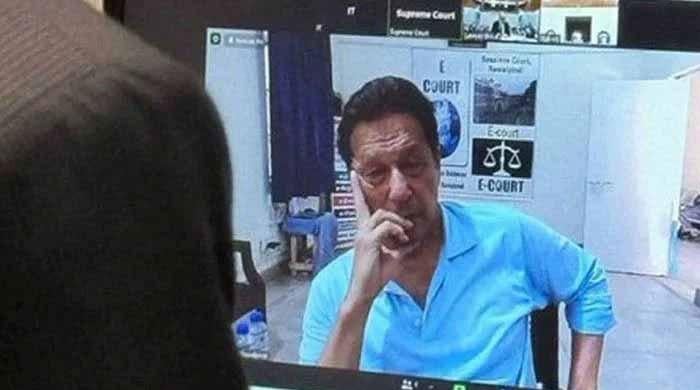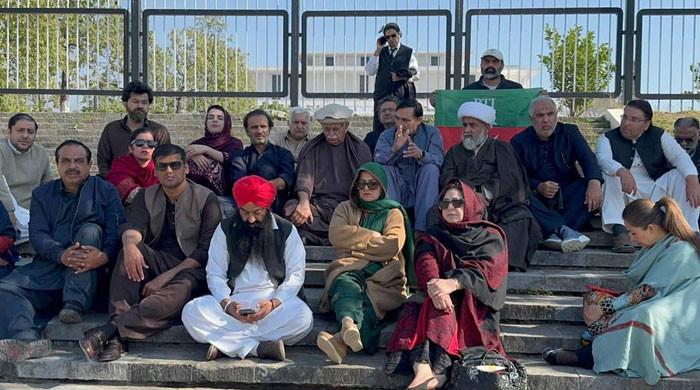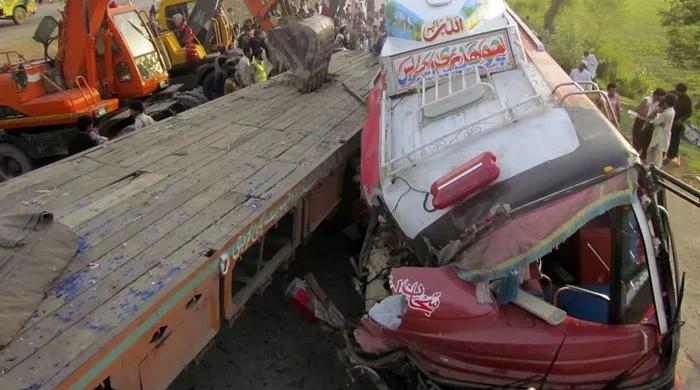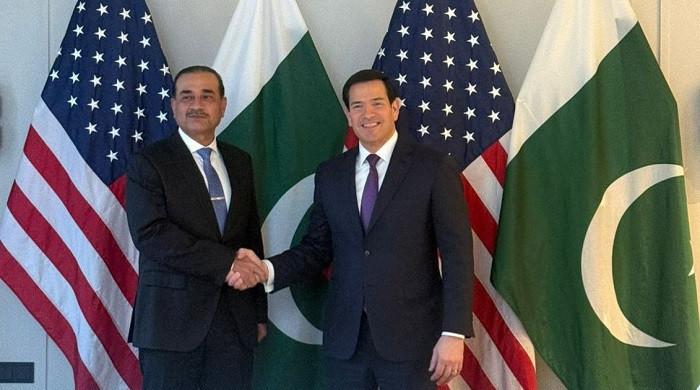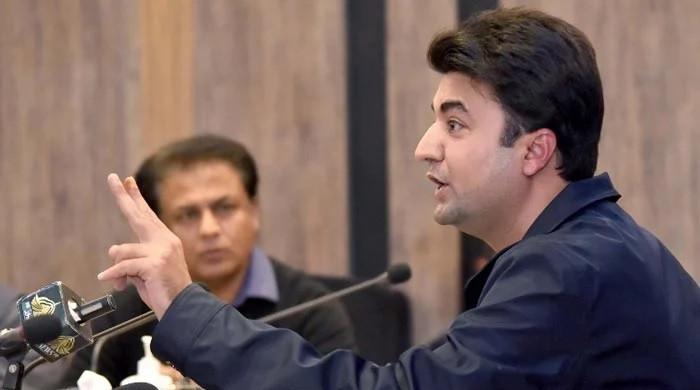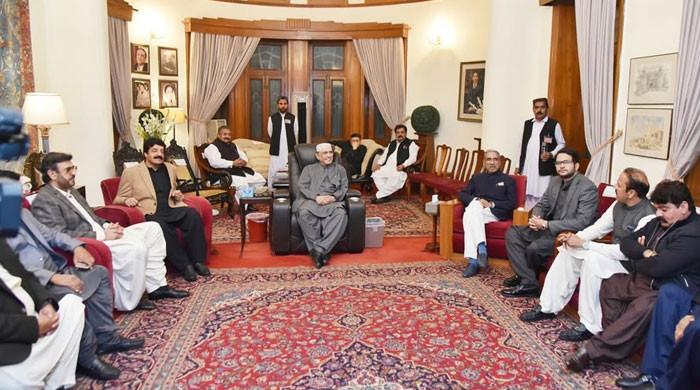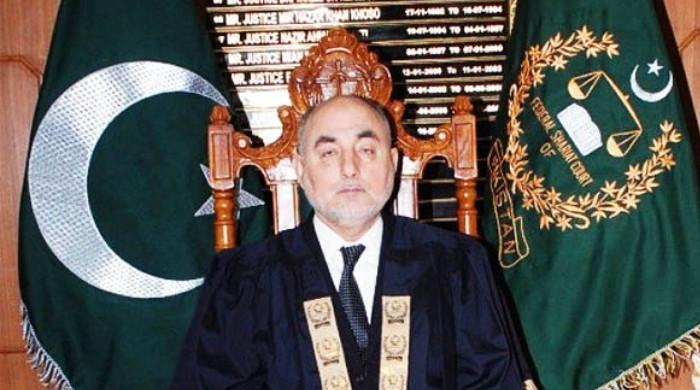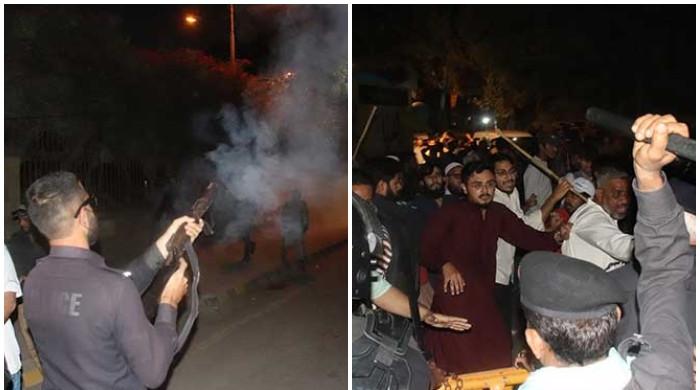Kabul mission head arrives in Pakistan after embassy attack
Afghan government says foreigners have a hand in assassination attempt on Pakistan's mission head in Kabul
December 05, 2022
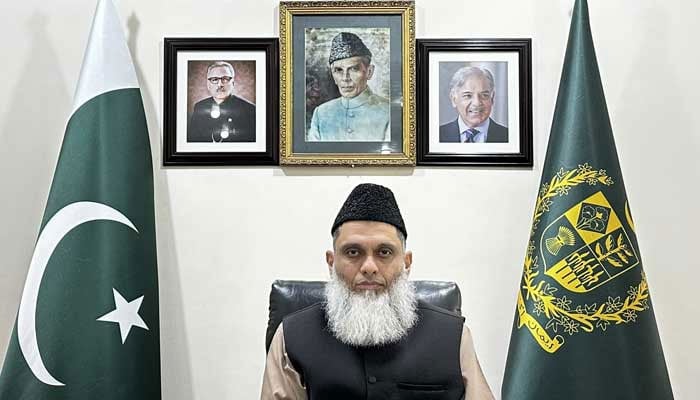
- FO says Nizamani's visit to Pakistan was scheduled before attack.
- Kabul mission head came under attack in Kabul, last week.
- Afghan govt confirm Daesh behind embassy attack.
Pakistan's head of mission in Kabul, Ubaid ur Rehman Nizamani, who escaped an armed assault on his life in the embassy in the Afghan capital, is visiting the country for official engagements, the Foreign Office said Monday.
"Our Head of Mission in Kabul Ubaid ur Rehman Nizamani is in Pakistan for a prescheduled visit for consultations," the Ministry of Foreign Affairs (MOFA) confirmed in a statement.
According to Foreign Office, Nizamani was the target of the attack. The attackers missed Nizamani, but an embassy security guard, Sepoy Israr Mohammad, was critically wounded in the attack while protecting the ambassador.
Soon after the attack, a spokesperson for Kabul police said the embassy compound was targeted by gunfire from a nearby building. Police had arrested one suspect and recovered two firearms, the statement said.
Foreign hand in embassy attack: Afghan govt
Meanwhile, Zabiullah Mujahid, a spokesman for the Islamic Emirate of Afghanistan, Monday claimed to have arrested the assailants who perpetrated the attack on the Pakistani embassy in Kabul, adding that the suspects were Daesh operatives.
"The embassy attackers are foreigners," the Afghan spokesperson said. He said the foreigners had a hand in the assassination attempt on Pakistan's mission head in Kabul. "The aim of the attack was to sow distrust between Pakistan and Afghanistan," Mujahid added.
Pakistan verifying Daesh's claim of attack
On Sunday, the wire service Reuters reported that Daesh had claimed responsibility for the attack in a statement carried by one of the militant group's affiliated channels on Telegram.
Daesh claimed the attack was carried out by two of its members armed with "medium and sniper weapons" and was targeting the ambassador and his guards who were present in the courtyard of the embassy.
The same day, the Foreign Office said it had seen the reports of IS's claim of responsibility and was verifying those reports.
"Independently and in consultation with the Afghan authorities, we are verifying the veracity of these reports," it said in a statement, adding the attack was a reminder of the risk militant activity posed to the region.
“We have seen reports that IS-KP has accepted responsibility for the terrorist attack on the Pakistan Embassy compound on 2 December 2022. Independently and in consultation with the Afghan authorities, we are verifying the veracity of these reports,” said the FO spokesperson in a statement.
The spokesperson stated that the attack was “another reminder of the threat that terrorism poses to peace and stability in Afghanistan and the region”.
“We must act resolutely with all our collective might to defeat this menace. On its part, Pakistan remains steadfast in its commitment to combat terrorism,” said the spokesperson.
Nizamani arrived in Kabul last month to take up the role at one of the few embassies that have remained operational throughout the period since the Taliban seized power in August 2021 after foreign forces withdrew.




